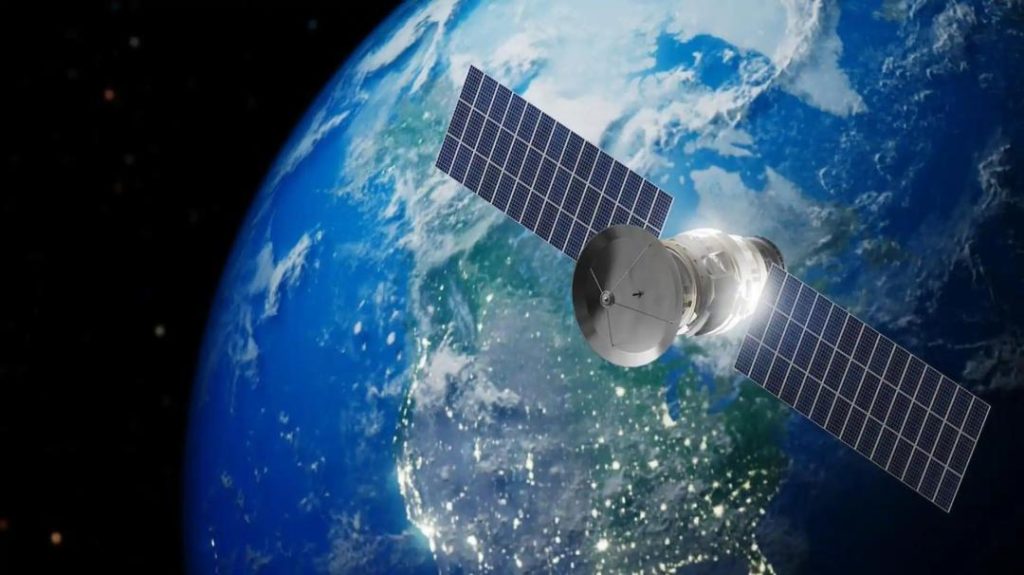
What are Space Pirates & How Can Satellites be Secured from Them?
The concept of space pirates may seem like something out of a science fiction movie, but it’s a very real threat in today’s space-obsessed world. Space pirates are individuals or groups that attempt to attack man-made satellites, either virtually or physically, using various methods. As the use of satellites in space exploration and communication becomes increasingly important, it’s crucial for countries and companies owning satellites to develop multi-layered security systems to protect them from these threats.
In recent years, there have been several instances of space piracy, where hackers have gained unauthorized access to satellites and disrupted their operations. In 2017, a group of hackers took control of a satellite Internet service provider, disrupting services and causing widespread outages. Similarly, in 2020, a Chinese company accused a rival of hacking into one of its satellites and stealing data.
The threat of space piracy is not limited to hacking attacks alone. Physical attacks on satellites are also a concern. In 2019, a satellite was damaged during a launch due to a rocket malfunction, highlighting the vulnerability of satellites to physical attacks. As the number of satellites in orbit increases, the risk of physical attacks also increases.
So, how can satellites be secured from space pirates? The answer lies in developing a multi-layered security system that incorporates ground-to-space operations. Here are some ways to do it:
- Encryption: One of the most effective ways to secure satellites is through encryption. Encryption makes it impossible for hackers to access sensitive data and disrupt satellite operations. Countries and companies owning satellites must use robust encryption methods to protect their data.
- Secure Ground Stations: Ground stations are the communication centers that control and monitor satellites. These stations must be secured to prevent unauthorized access. Secure ground stations can be achieved through the use of biometric authentication, access controls, and surveillance systems.
- Satellite Swarming: Satellite swarming is a technique used to protect satellites from physical attacks. It involves deploying multiple satellites in a particular region, making it difficult for an attacker to target a single satellite.
- Rapid Response: In the event of a physical attack, it’s crucial to have a rapid response system in place. This can include deploying countermeasures, such as satellites that can repair damaged satellites, or even developing a system to destroy attacking satellites.
- International Cooperation: Space piracy is a global issue that requires international cooperation to address. Countries and companies owning satellites must work together to develop common security standards and protocols to prevent space piracy.
According to experts, methods of quick space travel must be devised to ensure rapid response to physical acts of piracy. This can include developing new propulsion systems that allow satellites to move quickly and efficiently through space.
In conclusion, space piracy is a serious threat to satellite security, and countries and companies owning satellites must take immediate action to protect them. By developing multi-layered security systems, incorporating ground-to-space operations, and working together internationally, we can prevent space piracy and ensure the continued use of satellites for space exploration and communication.






